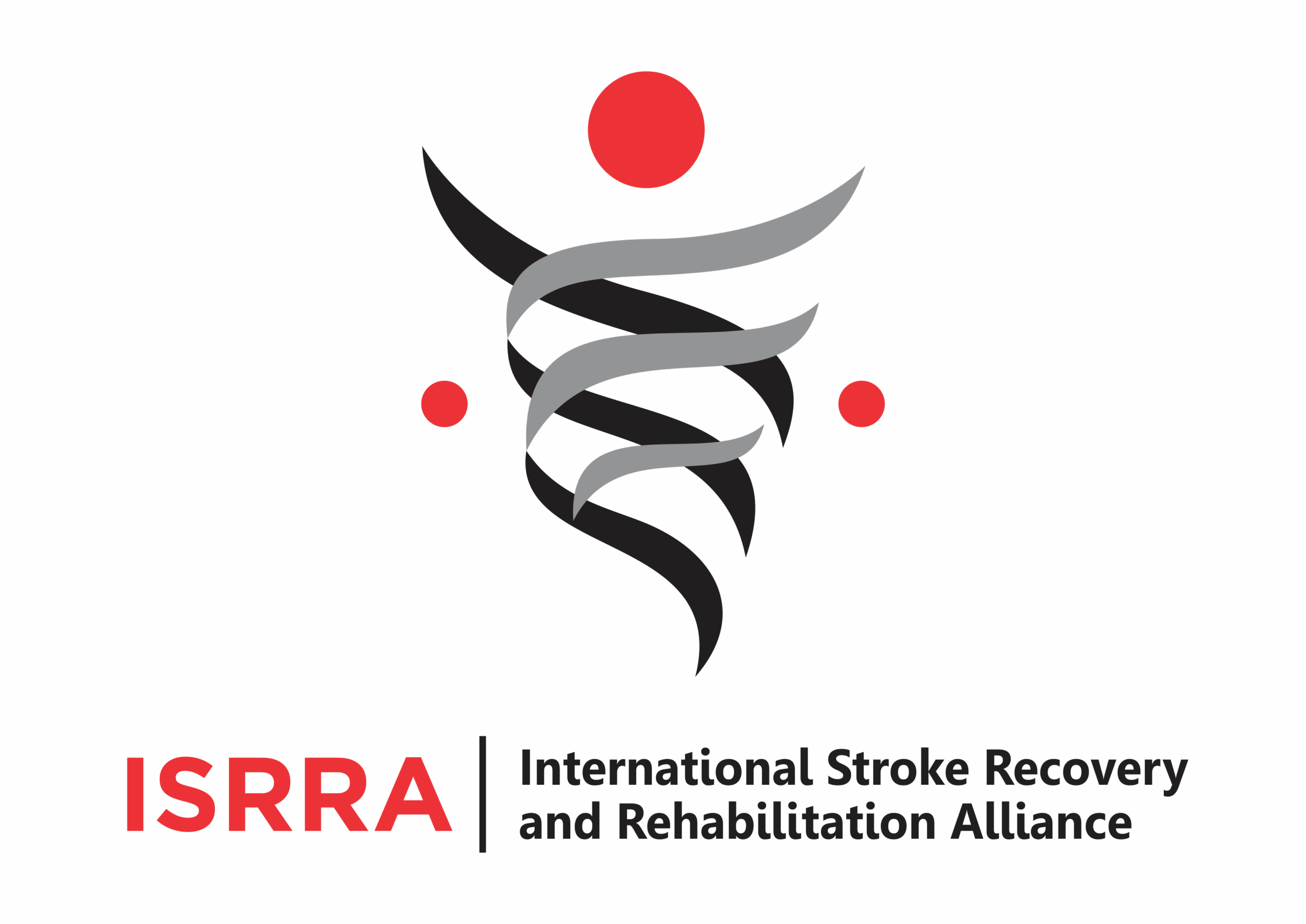The Pharmacogenomics and Neurovascular Genetics Group of the Sant Pau Research Institute (IR Sant Pau) has conducted a pioneering study that reveals significant differences in gut microbiota between men and women who have suffered an ischemic stroke. This research highlights the importance of biological sex in studies related to cerebrovascular disorders and gut microbiota.
The study, published in the European Journal of Neurology, has been carried out in the framework of the Maestro project, awarded to Dr. Israel Fernández-Cadenas, head of this research group, by the Instituto de Salud Carlos III.
Ischemic stroke, a cerebrovascular disease that affects cerebral blood flow, maintains a well-established connection with the gut microbiota through the bidirectional gut-brain axis. Until at this point, there was no data available that linked the intestinal microbiota to the sex of ischemic stroke patients. According to Dr. Miquel Lledós, from the Pharmacogenomics and Neurovascular Genetics Group at IR Sant Pau and principal investigator of the study, “the vast majority of research on microbiota in stroke does not look at microbial species. We wanted to work with more specific techniques that allow us to study microbial species, which, in the end, are the most important“.
The study was carried out in a cohort of 89 patients with ischemic stroke and 12 healthy individuals were included as a control group. The researchers analyzed the taxonomic differences in the intestinal microbiota between men and women with ischemic stroke by means of complete metagenomic sequencing.
The results of the analysis revealed that men with ischemic stroke had a greater diversity of species compared to women with ischemic stroke. Furthermore, gender differences were found in patients with ischemic stroke in relation to the Fusobacteriaceae family. It was also observed that these bacteria were not a consequence of the stroke suffered, but were already present before having experienced it, thus constituting a risk factor for the manifestation of this disease.
Dr. Fernández-Cadenas comments that these bacteria found in the group of women who had had an ischemic stroke, “were different from the controls and we did not see this in men. In the men’s group, there were no differences between strokes and controls, therefore, these batteries were specific to the risk of stroke in women. Moreover, we also validated this with bioinformatics studies, where we saw that these bacteria were not a consequence of having had a stroke, but were present before having one and, therefore, were a risk factor“.
This study is the first to indicate that there are differences in gut microbiota between men and women who have suffered ischemic stroke, identifying high levels of Fusobacteriaceae in women as a specific risk factor for the disease. This finding underlines the importance of including biological sex in the design, analysis and interpretation of studies on stroke and gut microbiota.
REFERENCE ARTICLE:
- Miquel Lledós, Luís Prats-Sánchez, Laia Llucià-Carol, Jara Cárcel-Márquez, Elena Muiño, Natalia Cullell, Cristina Gallego-Fabrega, Jesús M. Martín-Campos, Ana Aguilera-Simón, Marina Guasch-Jiménez, Daniel Guisado-Alonso, Anna Ramos-Pachón, Alejandro Martínez-Domeño, Artur Izquierdo, Rebeca Marín, Pol Camps-Renom, Joan Martí-Fàbregas, Israel Fernández-Cadenas. Ischaemic stroke patients present sex differences in gut microbiota. European Journal of Neurology. Volume30, Issue11. November 2023. Pages 3497-3506 https://doi.org/10.1111/ene.15931





